How to validate For Sale by Owner sales numbers
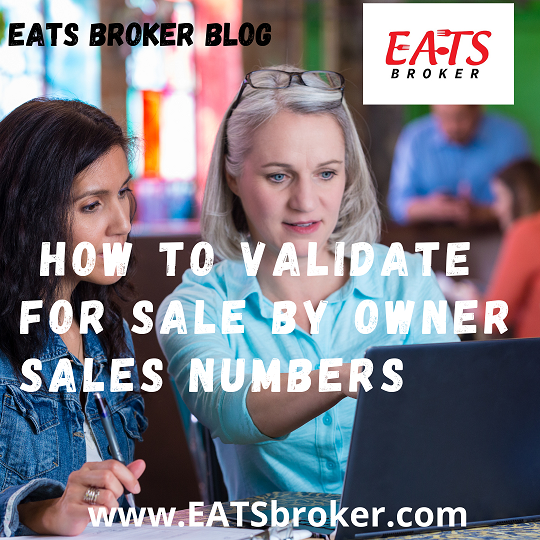
How to validate a For Sale by Owner sales numbers can be a challenge for buyers. A For Sale by Owner listing is a person that decided instead of hiring a Restaurant Broker; chose to represent themselves. People decide to represent themselves as a For Sale by Owner for several reasons: they don’t want to […]
Why You Can’t Sell Your Sell Restaurant?
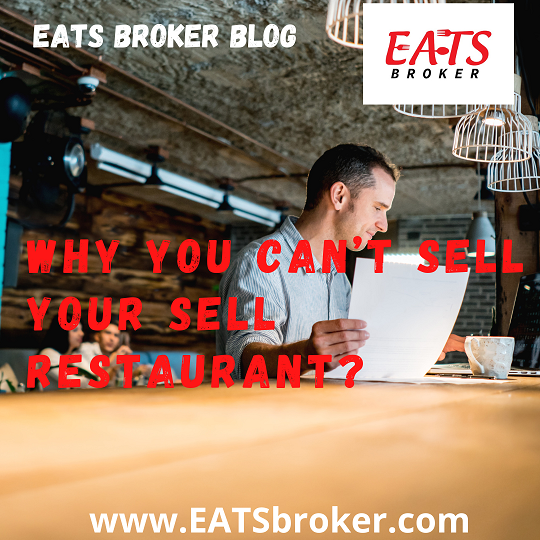
Have you ever wondered why you can’t sell your restaurant? It’s a fact only about 30%-40% of restaurants for sale listed under 1 million dollars will transfer to new buyers via a sales transaction. Buying an existing restaurant for sale can be a quick approach to become a restaurant owner. This approach eliminates some of […]
How do you write a letter of intent for a lease
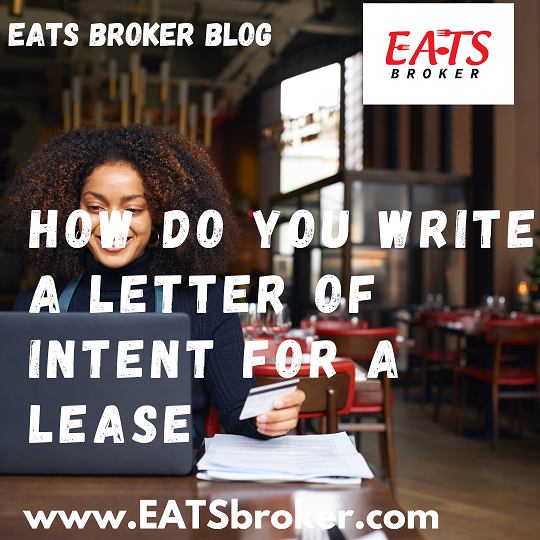
How do you write a letter of intent for a lease is a struggle for inexperienced brokers representing clients or unrepresented potential tenants? Once a potential tenant finds a commercial lease space, the process to negotiate with the landlord begins. A letter of intent (LOI) is a document declaring one party’s preliminary commitment to do […]
Who pays for closing attorney fees for restaurant sale?
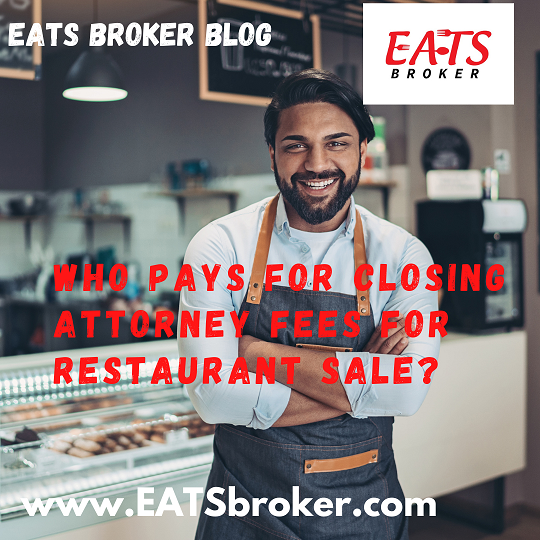
Who pays for closing attorney fees for a restaurant sale, who does the lawyer actually represent? Once the buyer-seller has agreed to a purchase price, next, it’s time to open escrow and hire a closing attorney. The closing attorney represents the buyer, and it’s the buyer’s expense to pay at the closing table. Most transactions […]
Selling a Franchise Restaurant vs Non-Franchise
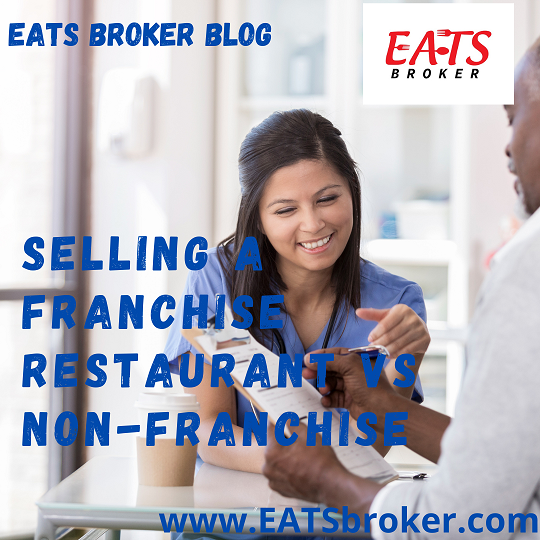
What are the Pros and Cons of Selling a Franchise Restaurant vs. Non-Franchise is a common question EATS Restaurant Brokers receives from sellers? Franchise Restaurants for Sale make up 60%-70% of all restaurant sold listings annually. Why is the number so high compared to independently owned restaurants? The hard facts are only 30%-40% of restaurants […]
The Cares Act 2-How does it help Restaurants?
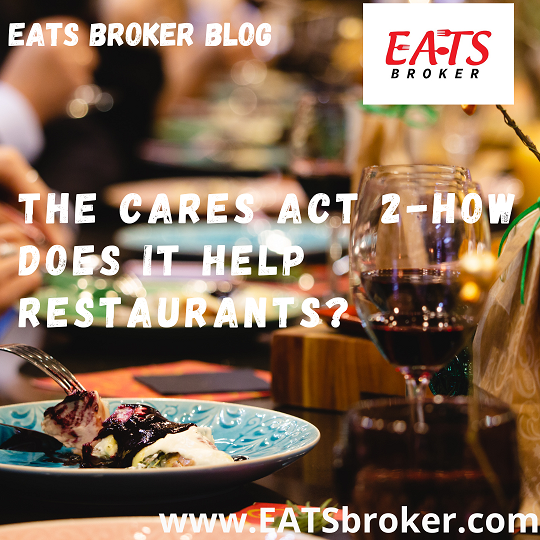
The Cares Act 2 has some generous provisions to help restaurants. EATS Broker wants to share some great news about the latest $900 billion coronavirus relief bill. The coronavirus relief bill extends and modifies several provisions first enacted in the CARES Act, Congress’s $2.2 trillion pandemic relief law passed in March 2020. Congress passed the […]
How to Sell a Franchise Restaurant?
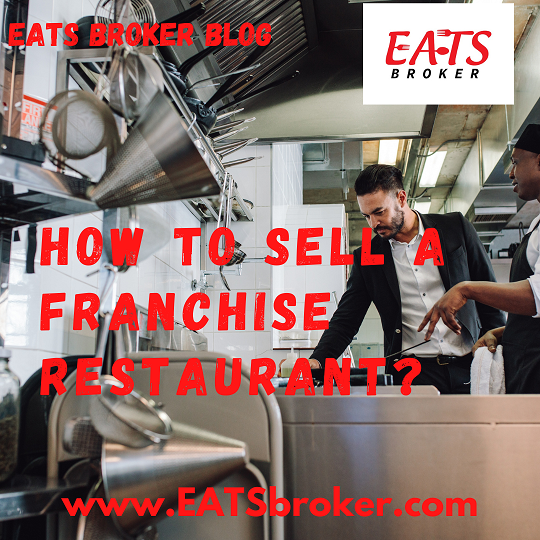
The decision to sell a franchise restaurant can be challenging in today’s market. The good news is that if you own a Restaurant Franchise, buyers are lining up with interest. Close to 60%-70% of the restaurants for sale in Georgia that sell are franchise concepts. Franchise concepts are growing right now, while independent owned restaurants […]
Day in the life of a Restaurant Broker
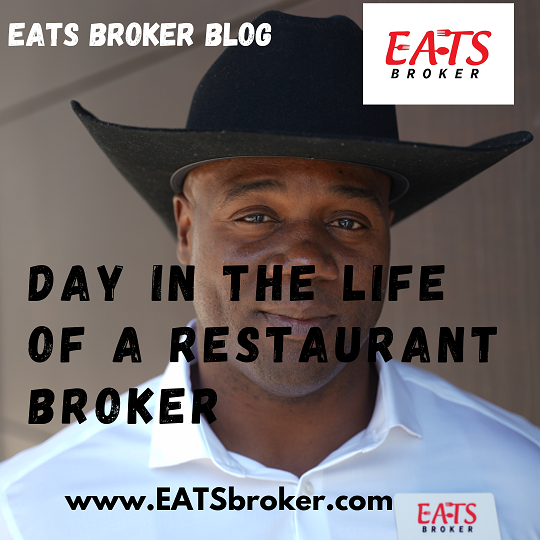
What does a Restaurant Broker actually do daily? Dominique Maddox Founder and President of EATS Broker shares his thoughts about the Day in the life of a Restaurant Broker. Restaurant Brokerage is like a BIG secret fraternity where there is limited membership allowed. A large number of people don’t know the responsibilities or tasks a […]
Why do I need to show proof of funds

Did you know the statement “proof of funds” is not in the Merriam Webster dictionary? This information is interesting because the words, “proof of funds” are used daily in the Business Brokerage world. Proof of Funds (POF) demonstrates how much money a person or entity has available in liquid assets. When purchasing a restaurant, you […]

